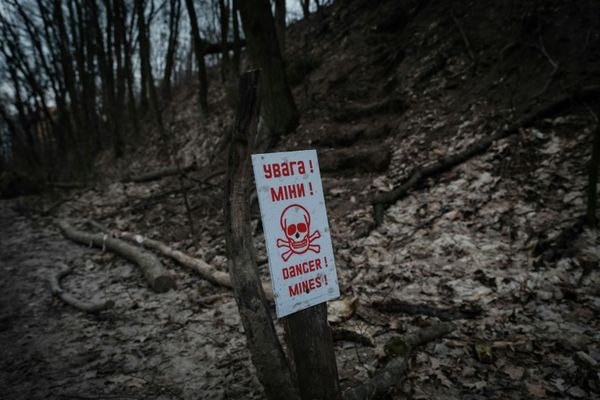A bladder cancer treatment tied to a quartet of biopharma companies — including Pfizer and buyout target Seagen — succeeded in a final-phase study on Friday, leading SGEN stock to surge.
The companies added Merck's Keytruda on top of Seagen and Astellas Pharma's Padcev in patients with previously untreated bladder cancer. Patients who received the combination lived longer before their cancer worsened, a measure known as progression-free survival.
Further, the combination led to an improvement in overall survival. Overall survival measures how long patients live before dying of any cause. Evercore ISI analyst Umer Raffat says the improvement in overall survival is surprising, especially as an interim analysis.
He called the study a "must-win" for Pfizer's $43 billion takeover of Seagen.
"This (use) for Padcev is expected to do $2.5 billion in the U.S. alone, which is the biggest driver of the $7 billion peak sales expectation for the Seagen franchise," he said in a report.
On today's stock market, SGEN stock jumped 3.5% to 213.70. Pfizer stock sank a fraction to 32.69, and Merck shares also fell less than 1% to 106.34. Astellas stock, which trades over the counter, rose a fraction to 14.39.
SGEN Stock: The Growing ADC Class
Padcev is an important drug. It belongs to the growing antibody drug conjugate class. Also known as ADCs, these drugs target toxic chemicals to molecular targets on the outside of cancer cells. So, the drug can destroy the cancer cell without harming nearby healthy tissue.
Needham analyst Ami Fadia says SGEN stock investors expected the study to succeed.
"But (it) was nevertheless a key focus for investors given the importance of the (study) to the Padcev franchise, and proximity of the readout timing to the anticipated time of deal close by Pfizer," she said in a report. Pfizer is planning to wrap its takeover of Seagen late this year or early next.
Notably, Seagen is hoping to use this study to confirm the benefit of the combination in patients who aren't eligible for a type of chemotherapy called cisplatin. It could also help Seagen snag approval for Padcev in the U.S. and globally for patients who can receive cisplatin-based chemo, Fadia said.
The split between cisplatin eligible and ineligible patients will be key, Evercore's Raffat said.
"My sense is that overall survival wouldn't have hit on an interim (analysis) if the other population of cisplatin-eligible (patients) was not encouraging also — and that's the true upside surprise here," he said.
Raffat also called Merck the "under-the-radar winner." Keytruda, alone, didn't succeed in previously untreated bladder cancer. But this study could help Keytruda tap into that population of patients as part of a combination approach.
Follow Allison Gatlin on X, the platform formerly known as Twitter, at @IBD_AGatlin.







